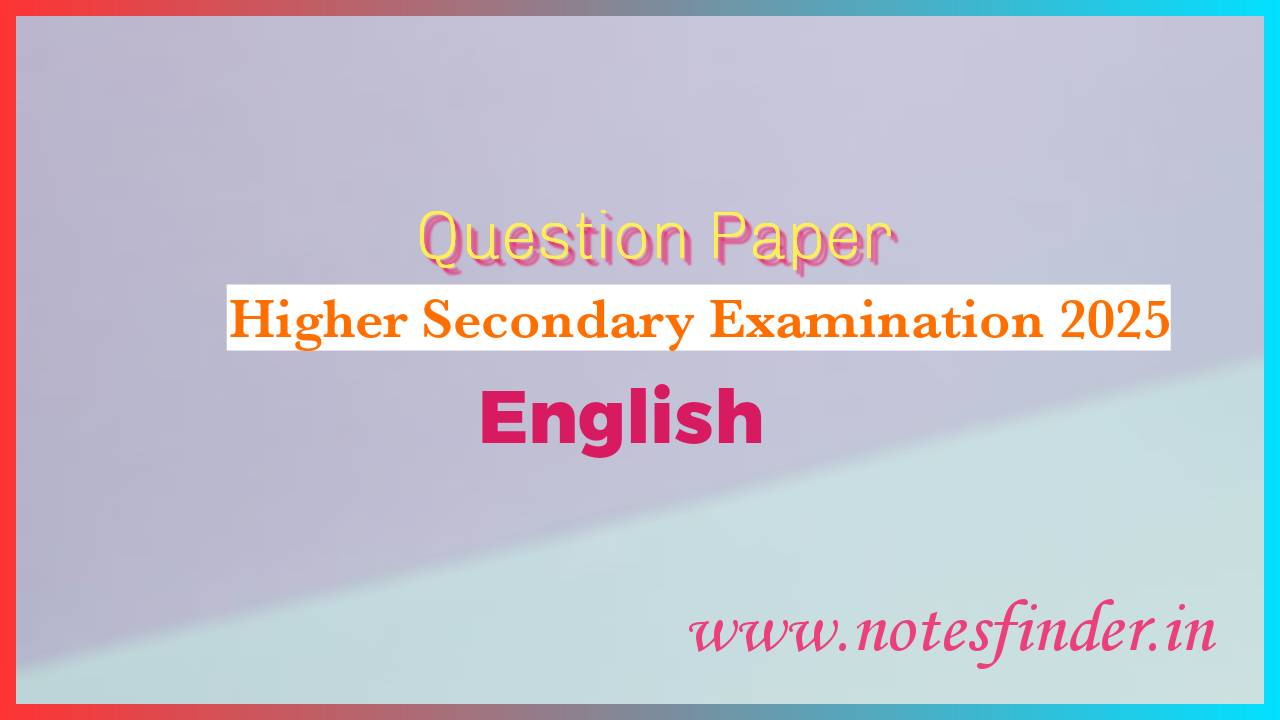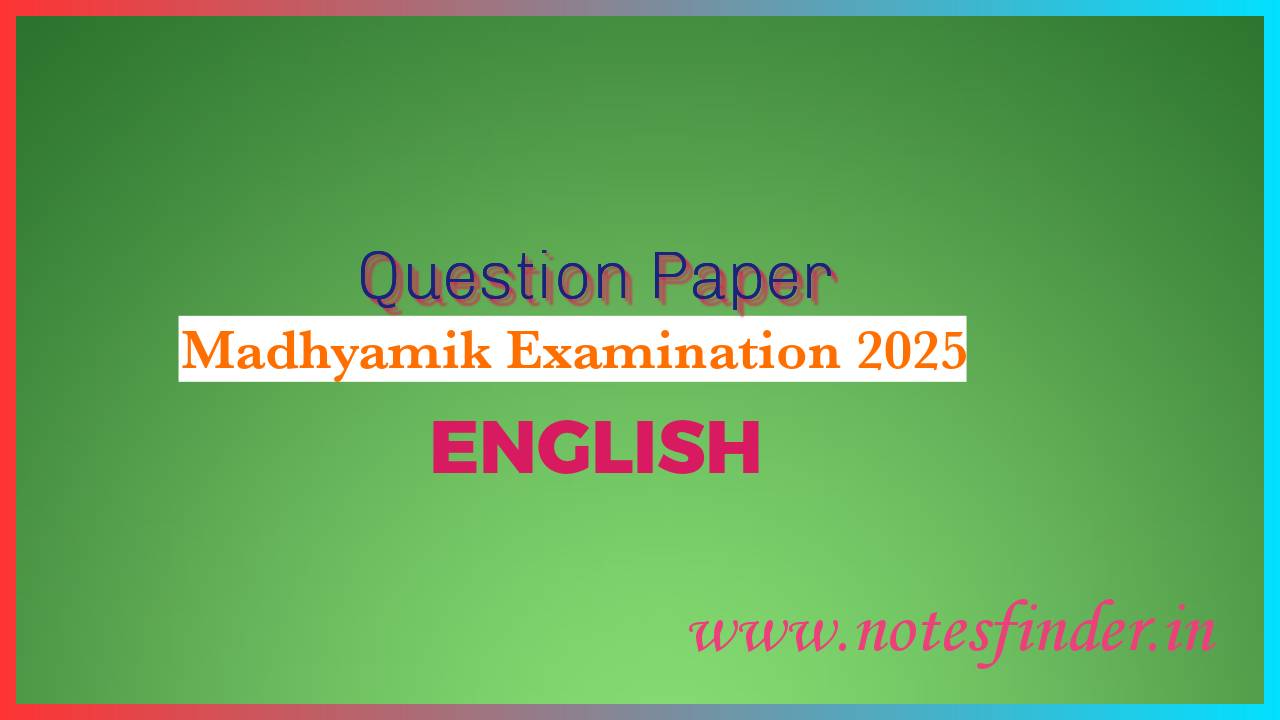About the Poet:
Mary Ann Lamb (1764-1847) was a famous English poet and writer. She is best known today for her collaboration with her brother Charles Lamb on the collection Tales from Shakespeare. She and her brother presided over a literary circle in London that included poets like Wordsworth and Coleridge.
মেরি অ্যান ল্যাম্ব (১৭৬৪-১৮৪৭) একজন বিখ্যাত ইংরেজী কবি ও লেখক ছিলেন। তাঁর ভাইয়ের সাথে শেক্সপিয়ারের গল্পের সংগ্রহে সহযোগিতার জন্য তিনি আজ সবচেয়ে বেশি পরিচিত। তিনি এবং তাঁর ভাই লন্ডনে একটি সাহিত্য চক্রের সভাপতিত্ব করেছিলেন যেখানে ওয়ার্ডসওয়ার্থ এবং কোলরিজের মতো কবিরা যুক্ত ছিলেন।
Summer Friends ( Lesson 9) Bengali Meaning (বঙ্গানুবাদ) | Class 8 | English
The Swallow is a summer bird;
সোয়ালো একটি গ্রীষ্মকালীন পাখি;
He in our chimneys, when the weather
সে আমাদের চিমনিগুলিতে, যখন আবহাওয়া
Is fine and warm, may then be heard
সুন্দর(উজ্জ্বল) এবং উষ্ণ থাকে, তখন তাকে শোনা যায়
Chirping his notes for weeks together.
কিচিরমিচির করে একসাথে কয়েক সপ্তাহ ধরে।
Come there but one cold wintry day,
কিন্তু সেখানে একটি ঠান্ডা শীতল দিন আসলে,
Away will fly our guest the Swallow:
আমাদের অতিথি সোয়ালো উড়ে চলে যাবেঃ
And much like him we find the way
এবং অনেকটা তাঁর মতোই আমরা পথ খুঁজে পাই
Which many a gay young friend will follow.
যা অনেক হাশিখুশি তরুণ বন্ধু অনুসরণ করবে।
In dreary days of snow and frost
তুষার এবং হিমশীতল বিষণ্ণ দিনগুলিতে
Closer to Man will cling the Sparrow:
মানুষের কাছাকাছি আটকে থাকবে চড়ুইপাখি:
Old friends, although in life we’re crost,
পুরানো বন্ধুরা, আমরা যদিও জীবনে বিচ্ছিন্ন,
Their hearts to us will never narrow.
আমাদের প্রতি তাদের হৃদয় কখনই সংকীর্ণ হবে না।
Give me the bird-give me the friend
আমাকে সেই পাখিটি দাও-আমাকে সেই বন্ধুটি দাও
sing in frost-will love in sorrow,
তুষারেও গান গাইবে –দুঃখেও ভালোবাসবে,
Whate’er mischance to-day may send,
আজ দুর্ভাগ্য যা কিছুই নিয়ে আসুক না,
Will greet me with his sight to-morrow.
আগামীকাল তাঁর দর্শন আমাকে সম্ভাষণ জানাবে।
Summer Friends ( Lesson 9) Texbook Questions- Answers | Class 8
Activity 1
Tick the correct alternative:
(i) The swallow comes to the poet in
(a) spring
(b) summer
(c) winter
Ans: (b) summer
(ii) Many young friends follow the behaviour of the
(a) sparrow
(b) pigeon
(c) swallow
Ans: (c) swallow
(iii) The sparrow accompanies the poet in times of
(a) snow and frost
(b)rain and thunder
(c) sunshine and warmth
Ans: (a) snow and frost
(iv) The poet wants a friend who will be like
(a) swallow
(b) sparrow
(c) nightingale
Ans: (b) sparrow
Activity 2
Complete the following sentences with information from the text:
(a) The swallow chirps for weeks together when the weather is fine and warm.
(b) In a cold day the swallow flies away.
(c) Even when old friends are separated, their hearts never become narrow.
(d) The poet wishes for a bird that will sing in frost and love in sorrow.
Activity 3
Answer the following question:
Why do you think the swallow leaves the poet during the winter season?
Ans. The Swallow is a summer bird. It cannot endure the snow and frost of winter season. So, the swallow leaves the poet during the winter season
Activity 4
Fill in the following chart with information from the text:
| Who | Does What | When |
| (i) The swallow | chirping his notes | in fine and warm weather. |
| (ii) The sparrow | clings closer to man | in dreary days of snow and frost |
| (iii) Old friends | never narrow their hearts | even they are separated in life. |
| (iv) A true friend of the poet | greets him | the poet had mischance |
Activity 5
Answer the following questions:
(a) What does the swallow do in summer?
Ans. In summer the swallow chirps his notes for weeks together.
(b) How is the behaviour of a “gay young friend” similar to that of the swallow?
Ans. The swallow flies away in winter. Similarly, a “gay young friend” leaves us in our bad time.
(c) What type of a friend does the poet want?
Ans. The poet wants a friend like the sparrow who never leaves him even in his misfortune.
(d) Whom does the poet like-the swallow or the sparrow? Give reasons for your answer.
Ans. The poet likes the sparrow because unlike the swallow, the sparrow never leaves the poet even in the cold wintry weather.
Activity 6(a)
Read the following sentences. Identify Noun clauses, Adjective clauses and Adverb clauses and fill in the chart given below:
(i) I expect that I shall get a prize.
(ii) The umbrella which has a yellow handle is mine.
(iii) When I was younger I used to fly kites.
(iv) I remember the house where I was born.
| Noun clause | Adjective clause | Adverb clause |
| that I shall get a prize | where I was born | When I was younger |
| which has a yellow handle |
Activity 6(b)
Change the following sentences into indirect speech:
(i) The sailor said to us, “There will be a storm”.
Ans: The sailor told us that there would be a storm.
(ii) The teacher said to the student, “Did you come to school yesterday?”
Ans: The teacher asked the student if he had come to school the previous day.
(iii) The tired guest said to the host, “Please give me a glass of cold water.”
Ans: The tired guest requested the host to give him a glass of cold water.
(iv) Rita said, “How happy I am!”
Ans: Rita exclaimed in joy that she was very happy.
(v) My grandfather said, “May you live long!”
Ans: My grandfather wished that I might live long.
Activity 7
Make meaningful sentences of your own with the following words:
(a) guest : Dr. Sen will be the chief guest of the programme.
(b) dreary : She was tired of hearing the same dreary music.
(c) narrow : The passage is too narrow to pass.
(d) mischance : I lost your book by pure mischance.
Activity 8(a)
Write a short story in about eighty words using the following hints. Give a suitable title to the story:
a farmer finds a snake almost dead with cold - brings it home - warms it - saves its life - the snake is about to bite the farmer's son - the farmer chases away the snake.
Ans: The Farmer and The Snake 👈 Click here
Read More👇
- Lesson 1 The Wind Cap- Jane Yolen
- Lesson 2 Clouds – Intizar Hussain
- Lesson 3 An April Day – H.W. Longfellow
- Lesson 4 The Great Escape – Sugata Bose
- Lesson 5 Princess September – W.S. Maugham
- Lesson 6 The Sea – James Reeves
- Lesson 7 A King’s Tale (a popular legend)
- Lesson 8 The Happy Prince – Oscar Wilde
- Lesson 9 Summer Friends – Mary Lamb
- Lesson 10 Tales of Childhood – Roald Dahl
- Lesson 11 Midnight Express – Alfred Noyes
- Lesson 12 Someone – Walter de la Mare
- Lesson 13 The Man Who Planted Trees



